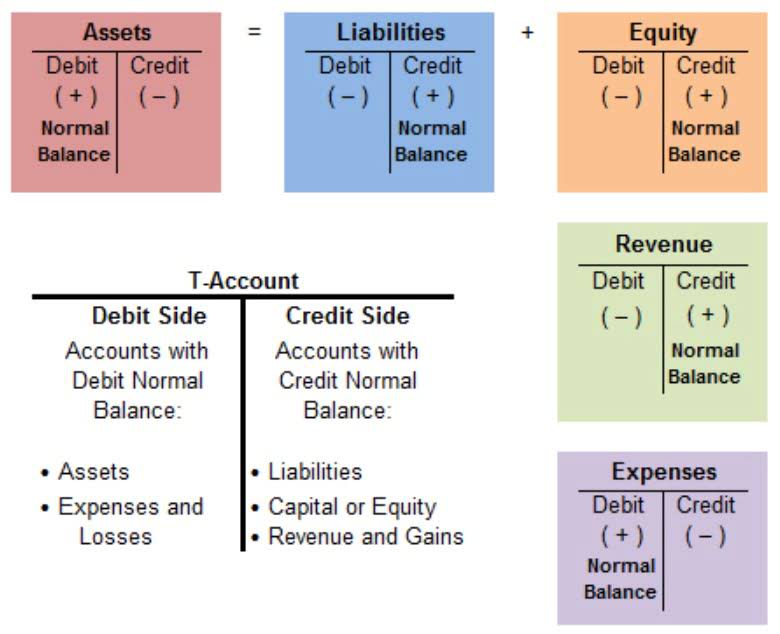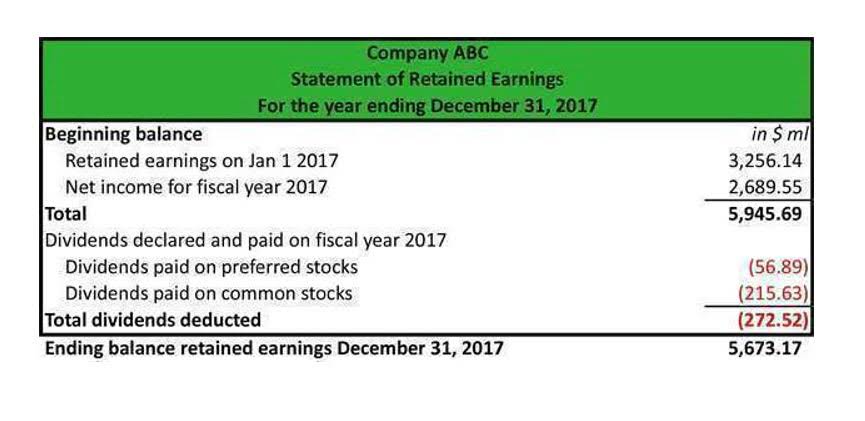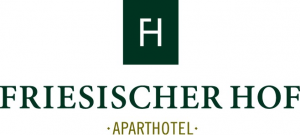
Accountants must adhere to ethical principles, continuously update their skills and knowledge, avoid conflicts of interest, and uphold confidentiality. They should also promote transparency and honesty in financial reporting and remain compliant with all laws and regulations. Every accounting scandal begins with one or two people who decide that the short-term benefits of bending the rules far outweigh any possible long-term reputation damage. But so far, all of our laws about financial gross vs net reporting, SEC regulations, and professional codes of ethics have proven less-than-effective in deterring bad actors. The best solution I can come up with is to model integrity aggressively so that it becomes the norm, not an exception. To navigate these challenges, accountants must have a strong ethical foundation and the ability to recognize and address ethical dilemmas.
What are some common ethical challenges in accounting?
- Key topics include ethical challenges faced by accountants, case studies of notable scandals, psychological factors influencing decision-making, and frameworks for ethical behavior in accounting.
- Common ethical challenges in accounting include pressure to manipulate financial statements, conflicts of interest, and maintaining confidentiality.
- Our accounting services safeguard you and your family and optimize all your hard-earned dollars.
- These tools empower businesses to rigorously adhere to ethical accounting standards.
- William & Mary has engaged Everspring, a leading provider of education and technology services, to support select aspects of program delivery.
Accountants have a duty to various stakeholders—including shareholders, creditors, and regulatory authorities—to provide accurate and timely information that meets all legal and regulatory requirements. This duty entails acting in the best interests of stakeholders and ensuring that financial reports are reliable, transparent, and unbiased. IESBA’s three-year strategy focuses on accounting firm culture/governance and expanding the Code beyond accountancy to include sustainability assurance providers. Drawing insights from ACCA’s global survey, we examine key challenges, emerging trends, and practical solutions for maintaining ethical excellence in the accounting profession. That’s precisely what happened when Enron imploded in 2002 and 4,500 employees lost their jobs.
- That story has to be consistent with all the other information that analysts sift through.
- 60% of participants support strengthening the Code to emphasize culture and governance in accounting firms.
- Accountants should continuously update their skills and knowledge to stay relevant and competent.
- It can also result in financial scandals that harm the broader economy and undermine the credibility of the accounting profession.
- However, when accountants disregard these professional standards, the legal repercussions often can be severe.
- If the reporting doesn’t jibe with the other information to comprise a consistent, integral whole, the market may punish that company.
- This includes revealing all relevant financial information, potential risks, and uncertainties.
Challenges in Upholding Ethics in Accounting
Ethical accounting practices serve as a shield against legal risks and non-compliance. Upholding ethical standards helps accountants adhere to regulatory frameworks and industry guidelines. Accountants should seek guidance from their professional code of ethics, consult with colleagues or superiors, and consider the potential consequences of each possible action. They may also need to disclose the dilemma to appropriate authorities or stakeholders if necessary. The key is to act in Accounting For Architects accordance with ethical principles and strive for the best possible outcome.

Enhancing corporate reputation and image

Like a building with a weak foundation, a lack of integrity in accounting can cause the entire business to fall in like a house of cards. And, similar to the collapse of a building, that crash can destroy the lives of innocent people, who just happened to be in the wrong place at the wrong time. Ethics in accounting also benefits employees by fostering a better work environment, leading to increased employee satisfaction. To build something that will endure, you need to first build a solid foundation, which must form an integral part of that structure. Integrity in accounting is essential for ensuring that the accounting profession will exist long after we’re all gone.
Professional bodies like the International Ethics Standards Board for Accountants (IESBA) are updating codes of conduct to reflect technology’s ethical implications. Accountants must embrace these guidelines to ensure transparency and fairness in AI-driven decision-making. Integrity means that your thoughts, words, and actions reflect your inner code of ethics. Springing a “gotcha” moment on someone is never a good way to get the best effort out of your team.
- Accountants must embrace these guidelines to ensure transparency and fairness in AI-driven decision-making.
- This involves adhering to the latest laws, standards, and practices, and actively pursuing professional development.
- If you’re ‘up against the wall’, you might feel pressured into breaking one of these fundamental principles.
- Trustworthiness is a key indicator from the public that your integrity is intact.
Trustworthiness is a key indicator from the public that your integrity is intact. Integrity means that the accounting practices of a company adhere to a consistent set of principles such as GAAP or IFRS. When everyone follows the same accounting principles, stakeholders have greater faith that the story those financial statements tell is trustworthy. Accountants must be honest, truthful, and transparent in all their professional dealings. They should adhere to the highest moral and ethical standards, even when faced with difficult situations.

It also helps in identifying any red flags or irregularities that may arise during the accounting process, and ultimately leads to better decision-making and risk management. Accounting integrity refers to the accuracy and honesty in financial reporting and record-keeping, ensuring that stakeholders’ can rely on financial statements and analyses to make informed decisions. Ethics encompasses the moral principles that guide the behavior and decisions of individuals and organizations in the accounting profession. Creating a culture of integrity and transparency is essential for fostering ethical practices integrity accounting in accounting.
